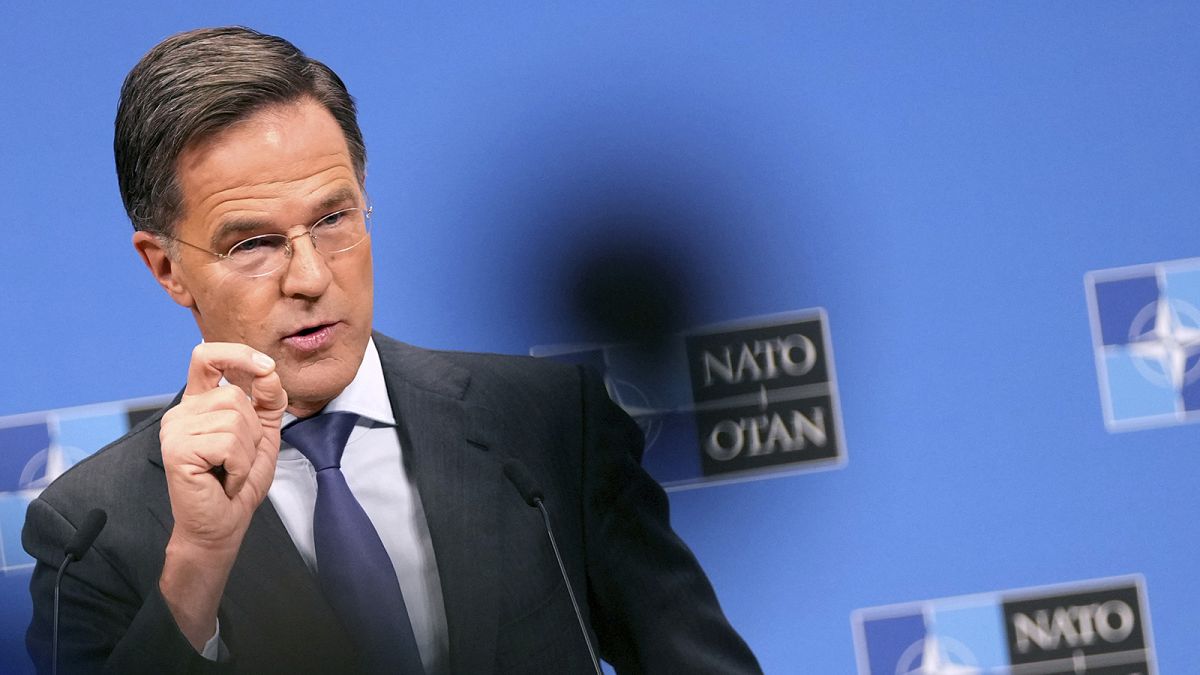
NATO Secretary General Mark Rutte said on Wednesday that “we should not be naive” about the Kremlin’s support for Pyongyang’s nuclear program.
“There’s every reason to make the statement that nuclear technology and missile technology is flowing into North Korea,” he told reporters in Brussels, adding that the nuclear risk is “not only to a threat to us here, but also to the US mainland and of course to the region.”
The NATO chief spoke after the foreign ministers of 32 member countries met in Brussels, with discussions on further support for Ukraine at the top of their agenda.
The gathering is likely to be the last high-level NATO meeting attended by US Secretary of State Antony Blinken before the Biden administration exits next month.
According to the US State Department, Blinken aims to strengthen the allies’ support for Kyiv ahead of President-elect Donald Trump’s return to the White House.
Amid fears that Trump might withdraw key US aid to Ukraine when he enters office, Rutte spoke to the president-elect in Florida. China, North Korea and Iran were weighing in on Russia’s side, putting the United States and the Asia-Pacific region at risk, Rutte told him.
“Whenever we get to a deal on Ukraine, it has to be a good deal, because what we can never have is high-fiving Kim Jong-un and Xi Jinping and whoever else,” Rutte said in Brussels on Wednesday, adding this would only encourage the leaders of North Korea and China to endorse the use of force elsewhere.
Moscow keeps sabre-rattling, Rutte says
When asked about Russia’s own nuclear threats, however, Rutte accused the Kremlin of “sabre-rattling”.
“Russia wants us to discuss its nuclear capability. And we don’t want to spend time on this,” he said. “We have to make sure that our deterrence is strong, and it is strong. We can fight back to any adversary, to any enemy who tries to do us harm.”
The alleged Russian support of Pyongyang’s nuclear program, as well as the involvement of North Korean troops in Russia’s war against Ukraine, demands broader collaboration between NATO and countries outside of the alliance.
Rutte described the relationship between NATO and South Korea as “ironclad” amid news of increased tensions within the country’s governance.
President Yoon Suk-yeoul is facing impeachment after he attempted to introduce martial law, a move that was quickly shut down by mass protests and political opposition from lawmakers.
“I think that the announcement of the end of martial law indicates South Korea’s ongoing commitment to the rule of law,” Rutte said.
“South Korea is a strong supporter of Ukraine and I expect it will remain so. And our partnership with Seoul has deepened as global threats have grown over the last couple of years,” he concluded.





